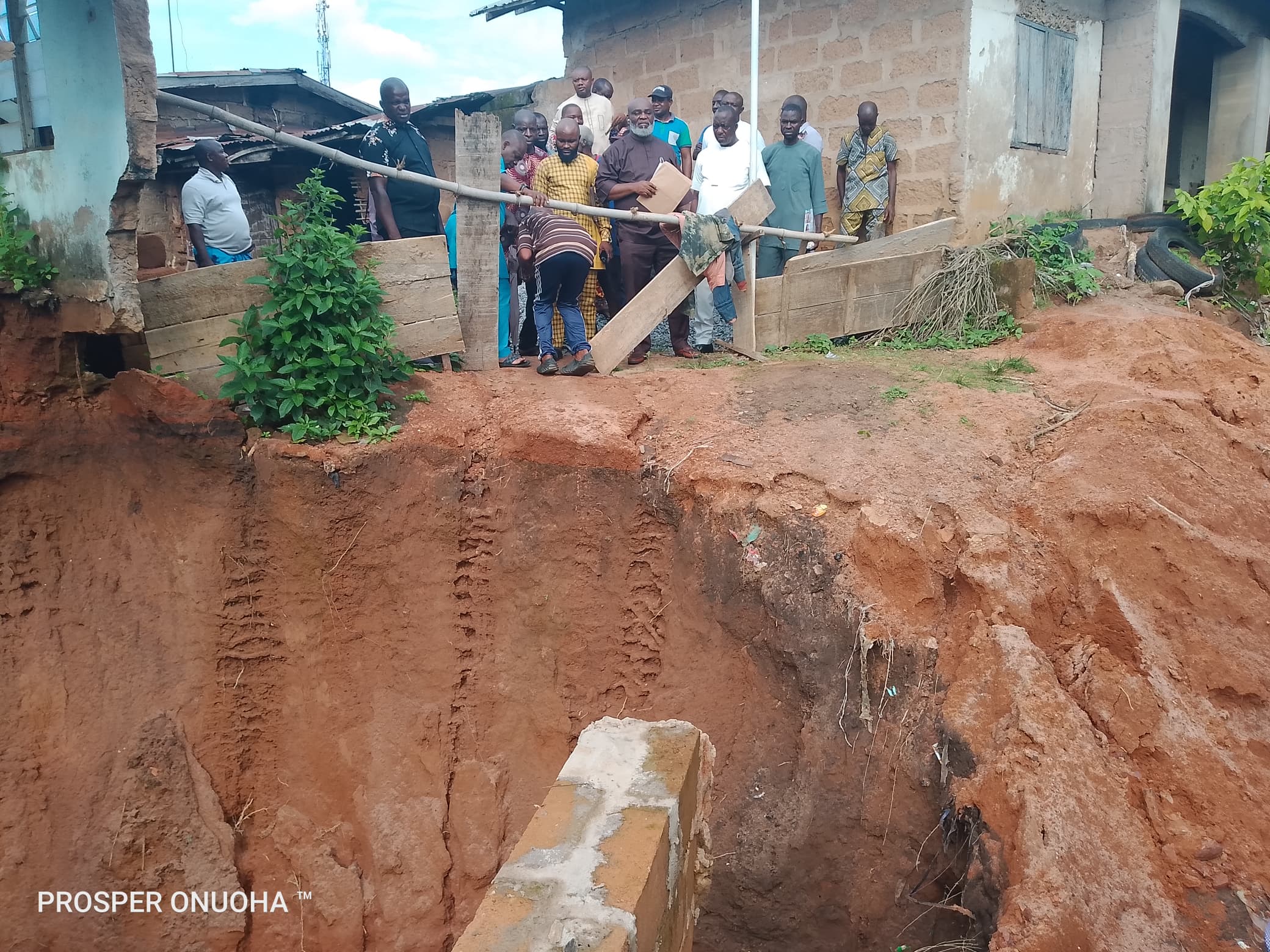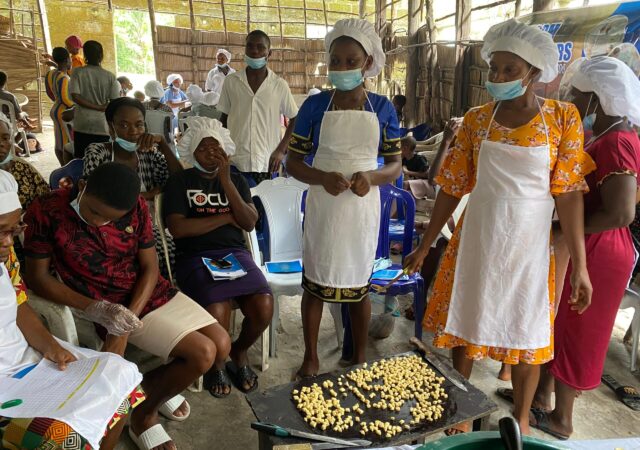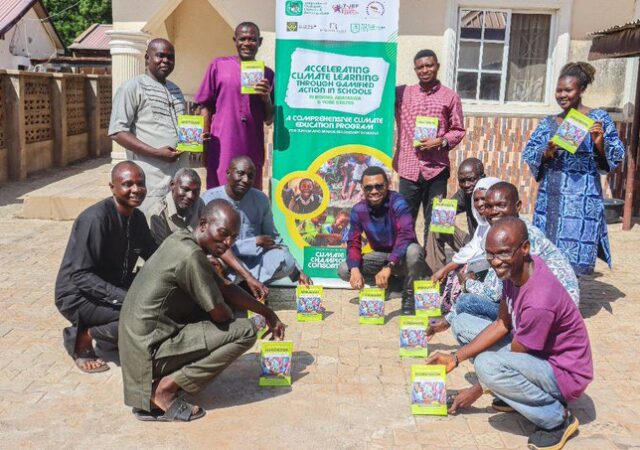The Foundation for Environmental Rights, Advocacy & Development (FENRAD) has issued a strong call to the Abia State Government to urgently address the growing threat of erosion in Ebem Ohafia, a community in Abia State grappling with increasing environmental degradation.
According to a statement issued by the Executive Director of FENRAD, Comrade Nelson Nnanna Nwafor, the erosion menace in the area has worsened over the years, posing serious risks to lives, homes, and livelihoods. The foundation noted that without swift intervention, the situation could spiral into a full-blown humanitarian and environmental disaster.
“Properties have been damaged, families displaced, and the community is living under the threat of further erosion-related catastrophes,” stated Comrade Nwafor.
In the statement obtained by Environment Africa, FENRAD outlined four key demands for the state government:
- Immediate Damage Assessment – A full technical evaluation of the erosion-impacted areas to determine the scope and urgency of the situation.
- Urgent Erosion Control Measures – Quick deployment of infrastructure solutions such as drainage systems, embankment reinforcements, and other critical interventions.
- Relief for Affected Families – Provision of temporary shelter, food, and essential supplies to displaced and vulnerable residents.
- Long-Term Erosion Management Plan – A sustainable, community-inclusive framework for managing erosion and promoting environmental conservation in Ebem Ohafia.
Nwafor emphasized that this is not just an environmental issue but also a public safety and development concern that requires immediate political will and action.
“As a civil society group committed to environmental justice and sustainability, we call on the Abia State Government to prioritize the welfare of its people and act now,” noted the advocate.
The foundation reaffirmed its commitment to supporting community resilience and environmental advocacy across the state, urging citizens, policymakers, and stakeholders to join in pushing for urgent and long-term solutions in Ebem Ohafia.







